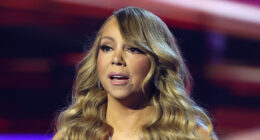Losing weight is not a one-size-fits-all process, and what works for you may not work for someone else. We all have unique genetic makeup that plays a role in how we are able to lose weight, and our individual lifestyles affect weight loss, too. How much you eat, the types of foods you choose, frequency and type of exercise, stress levels, and sleep patterns are just some of the lifestyle factors that may play roles in your ability to lose weight. When it comes to food choices, not all calories are created equally. That’s why we’re here today with 11 of the worst weight loss foods you should avoid at all costs.
One of the more common methods for weight loss is to count calories. While this equation of calories-in versus calories-out can encourage weight loss, you may be surprised to know the types of calories you consume can influence your progress as well. Protein, carbohydrates, and fat are calorie-containing nutrients, and are each processed and utilized differently in your body. For example, protein and fat both have high satiety values and can leave you feeling fuller after a meal, while carbs have the lowest satiety value. This doesn’t make carbs inherently bad; however, this supports the idea that not all calories are created equally.
If weight loss is your goal, you should be paying attention to the foods you are eating. Tracking calories and grams of nutrients may be helpful as well, but cutting certain foods from your diet may be enough to make progress toward your goals. All weight loss plans should contain a variety of food choices to maximize nutrient intake and avoid deficiencies. Focusing on lean protein, fiber-rich grains, fruits, vegetables, healthy fats, and dairy and dairy alternatives is a great place to start. To further your progress, avoid the below foods that could slow your weight loss.
Keep reading to learn about the 11 worst weight loss foods, and next, don’t miss 5 Foods Everyone in Their 40s Should Eat for Faster Weight Loss.
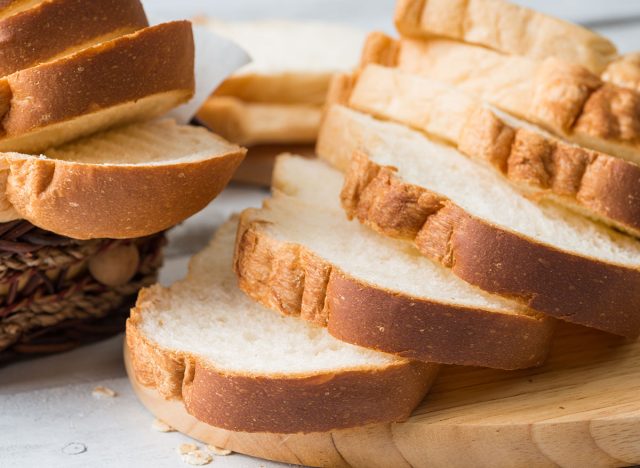

While white bread is not especially high in calories, it may leave you feeling hungry soon after your meal due to its low fiber content. Fiber is known for increasing satiety, and research suggests dietary fiber intake is linked to lower body weight.
To increase fiber in your diet, swap your white bread for whole grain or whole wheat options. Additionally, when looking through the bread options at your local store, compare fiber content and choose those with higher numbers. Swapping your low-fiber white bread for an option that contains a few grams of this important nutrient may increase your feeling of fullness, reducing overall calorie intake throughout the day.
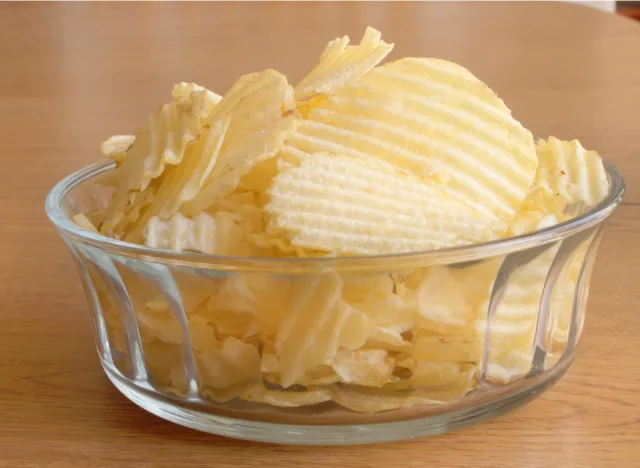

A salty, crunchy snack beloved by many, potato chips may be halting your weight loss efforts. In fact, one study found potato chips contributed to more weight gain per serving than other common foods, including potatoes, red meat, and sugar-sweetened beverages. Potato chips are another poor source of fiber and are high in fat, which contributes to higher calorie content. Additionally, research suggests salt may possess some addictive properties, and consuming foods with high sodium content could lead to a desire for more salty foods. Overeating salty foods like potato chips, which are also high in fat and calories, could prevent your weight loss goals.
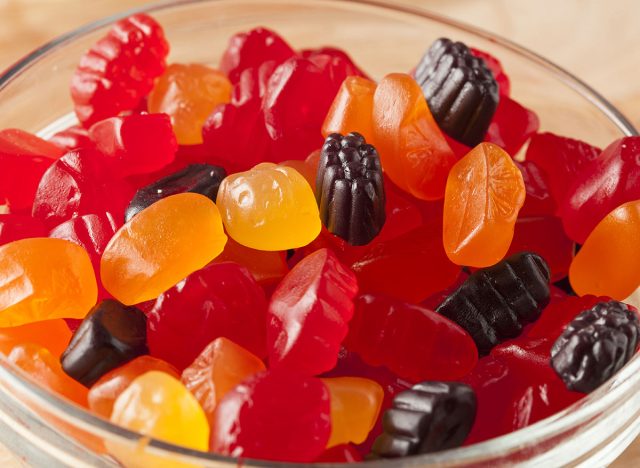

While convenient and appealing to kids and adults alike, fruit snacks are packed with sugar and lack nutritional value. While some refined sugar can be part of a well-rounded diet, research suggests diets high in added sugar may promote the prevalence of obesity. While obesity cannot be attributed to one single ingredient, the pervasiveness of added sugar in food and drink appears to play a role.
Although a single pouch of fruit snacks is usually under 100 calories, it may be best to swap the snack for a piece of whole fruit instead. Even though this may result in more calories consumed, the fruit will contribute more fiber and nutrients, which could benefit your weight loss efforts.
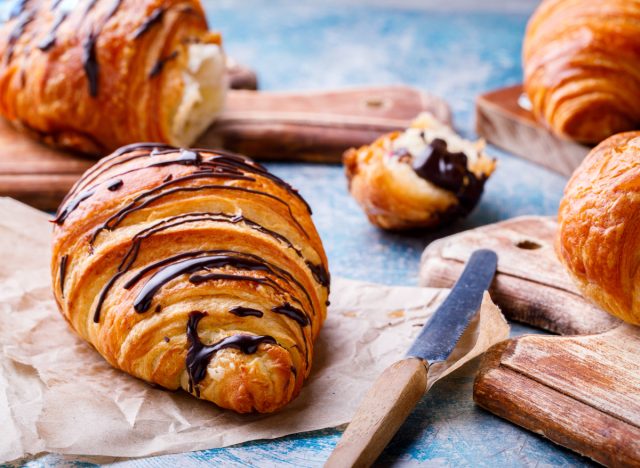

A category that includes many common treats like cinnamon rolls, croissants, muffins, danishes, and donuts, the calorie content of these items may totally shock you. Not only can a single grocery store muffin pack more than 500 calories, but many of these calories come from poor sources, like oil and sugar. With a high-calorie count and low satiety value, pastries will likely slow your weight loss.
For a much healthier alternative, try making your own pastries, like bran muffins and whole-wheat banana bread. These can deliver the same convenience for a meal or snack and pack more fiber and nutrients than store-bought varieties.
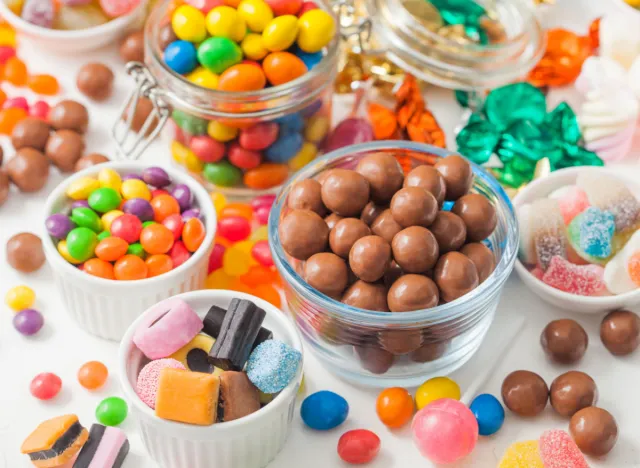

Candy is another concentrated source of added sugar that could be slowing your weight loss. While candies that contain nuts also have high sugar content, they at least provide some nutritional value in the form of healthy fats and protein. Don’t get us wrong—a small handful of nuts is definitely a better option for your waistline, but the worst offenders in the candy category are the fruit-flavored options that provide minimal fat, protein, and fiber. If you are looking to satisfy your sweet tooth, reach for fresh fruit, dark chocolate with a high percentage of cocoa, or nuts dusted with cocoa as lower sugar alternatives.
READ RELATED: 5 Small but Effective Ways To Melt Body Fat While You Sleep
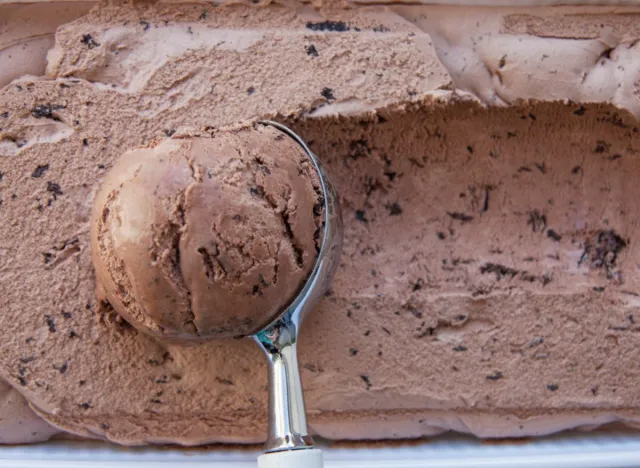

Another popular sugar-sweetened item, ice cream also packs high-fat content into a small package. In fact, a mere half cup of ice cream can provide close to 150 calories. And let’s be honest: Who is just having a half cup?
With main ingredients including cream and sugar, you are better off keeping ice cream for special occasions and choosing lower-sugar desserts as your regular treat. Try homemade banana “ice cream” as an easy, delicious, and customizable option. Simply combine frozen bananas and a splash of your milk of choice in a food processor, and blend until smooth. Top with a couple of dark chocolate chips or a drizzle of nut butter for an indulgent dessert feel that will keep you on track toward your goals.
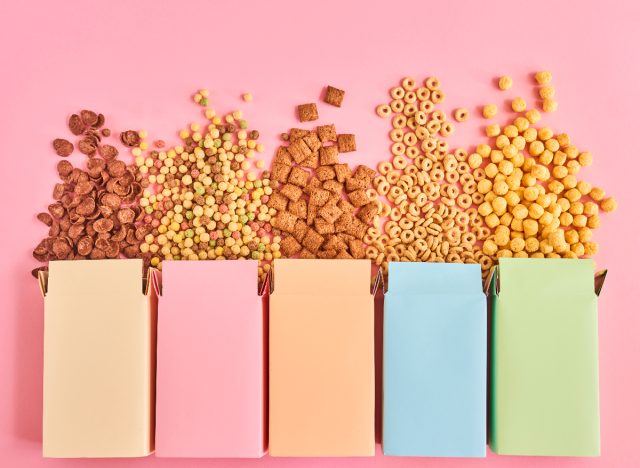

With so many options available in the cereal aisle, it can be tough to discern the best choice for your goals. Many cereals are loaded with added sugar—some providing well over 10 grams in a single serving. Delicious, yes, but these high-sugar cereals are likely slowing your weight loss.
The term “empty calories” is used to describe calories from solid fat and/or sugar in food that provides few other nutrients. To improve your cereal selection, search for options with fewer than five grams of sugar per serving, or swap your cereal entirely for a bowl of oatmeal with fruit and nuts for a higher-fiber, well-rounded meal.
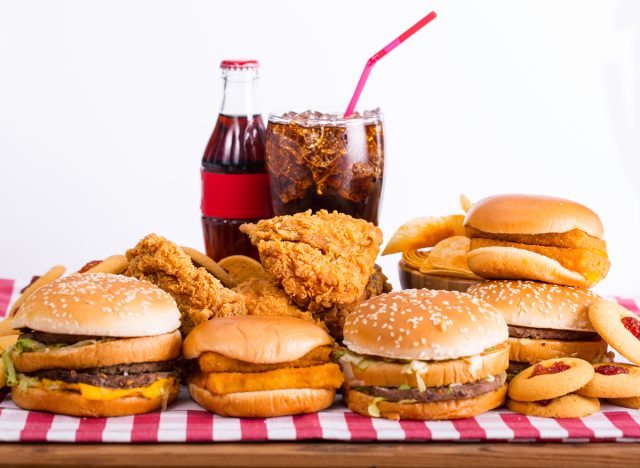

Milkshakes, fries, and a variety of other fried items fill the menus of drive-thru restaurants, and the allure of “more bang for your buck” is tempting with popular value meals. A single meal containing a cheeseburger, medium order of fries, and soda can be close to 1,000 calories, far more than the average person needs in one sitting.
While the convenience of fast food is hard to beat, skipping the “meal” option is a good way to make a fast-food order work for your weight loss goal. Stick with just the burger and add a side of fruit or vegetable at home instead of opting for the traditional fries and soda.
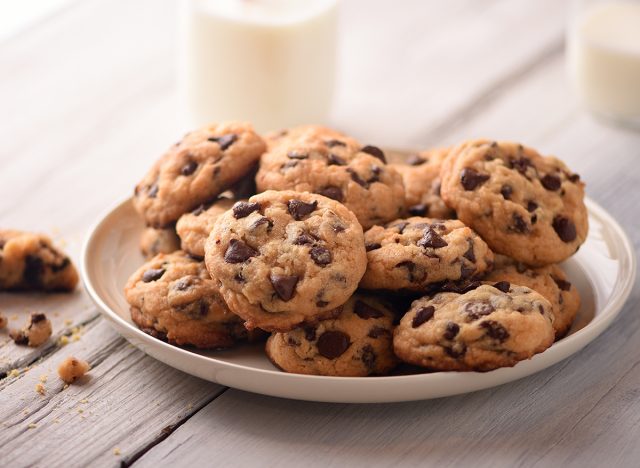

Whether filled with chocolate chips or nuts, or topped with icing or chocolate, cookies are typically loaded with fat, sugar, and calories. Additionally, most enjoy more than a single cookie at a time, leading to an even higher intake of calorie-dense desserts.
The good news is there are some easy ways to update your homemade cookie recipe to be more complimentary to your goals. Try swapping your white flour for a whole wheat option, replace sugar with a 1:1 equivalent of unsweetened applesauce, and trade half of the butter for equal parts of full-fat plain Greek yogurt.
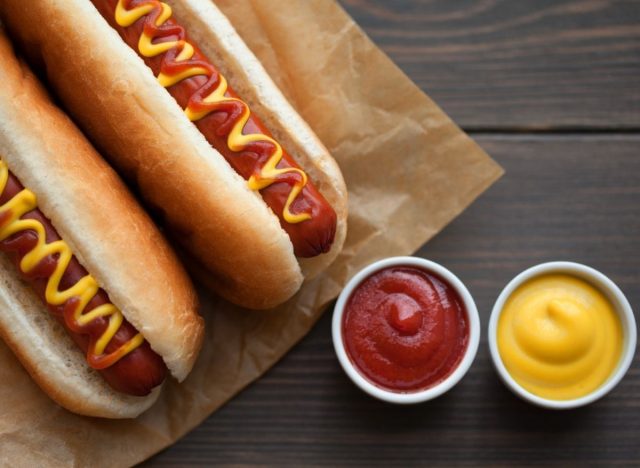

Processed meat, including hot dogs, are notorious for being high in sodium, fat, and calories. Each of these components could be slowing down your weight loss, in addition to the white bread and condiments often enjoyed with a hot dog.
If you are looking for an alternative that works better within your weight loss goals, try chicken sausage. Just like hot dogs, these are typically available fully cooked so all you have to do is heat and eat. Additionally, they are lower in fat and calories, and often higher in protein.
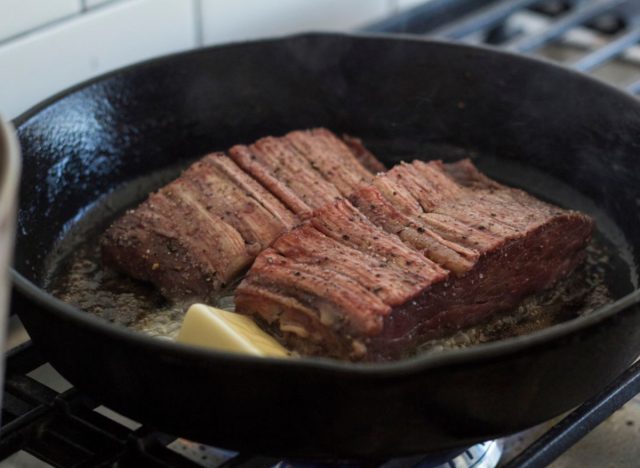

Fats that are solid at room temperature are considered to be a source of empty calories. These fats are generally considered solid because they have a higher content of saturated fat. Butter and red meat are two common sources of solid fat, and baked goods and dishes made with butter, lard, and tallow will also contain the “empty calories” from these ingredients, too.
To reduce the amount of solid fat you consume, stick with lean cuts of red meat, and cut off visible fat when able. Swap butter, lard, and tallow for healthier fats, like olive oil when applicable, and trade your solid fat for equal amounts of mashed avocado in your baked goods.





